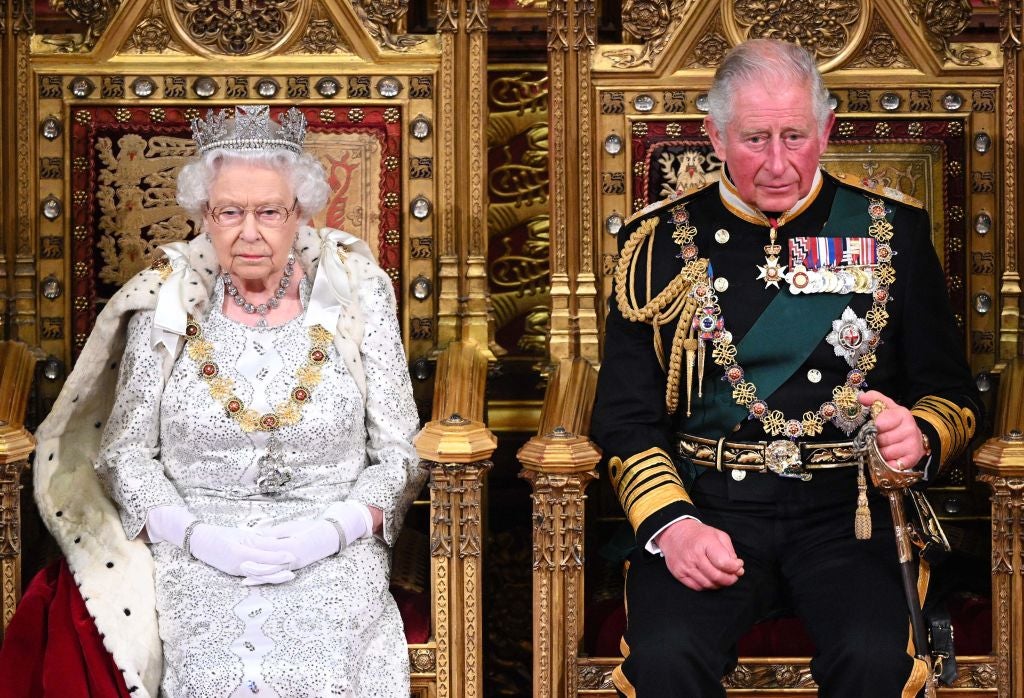
For those living in the UK who would rather see the monarchy abolished, Queen Elizabeth II’s funeral may have been difficult to endure. Beyond the pomp and ceremony surrounding the death of a nonagenarian from natural causes, the Queen’s lavish, week-long mourning period and funeral sat awkwardly amid the country’s cost of living crisis.
For some employees on casual contracts, the closing of shops and businesses for the monarch’s Monday funeral date meant they could not afford to eat. A few days later, King Charles III was heckled over the cost of living crisis as he greeted cheering crowds in Cardiff. “Charles, while we struggle to heat our homes, we have to pay for your parade,” a man could be heard shouting. “The taxpayers pay £100m for you, but what for?”
Unveiling the Economic Impact of Money Making Monarchy Bring to the UK
The Accounts for the Sovereign Grant, which funds the Queen and her household’s official expenses, released a report in the summer of 2022, showing that the monarchy cost the taxpayer £102.4m ($114.6m) during the 2021–22 financial year – an increase of 17% from the previous 12 months.
While there is some consensus around how much the monarchy takes from public coffers, there is much less surrounding the more complex and nebulous calculation: how much does it bring in?
A moneymaking monarchy
Measuring the wealth-generation of a brand is no easy task, especially when it comes to the Royal Family, whose influence on the UK economy, and therefore its tax income, spans the likes of trade, tourism, media, real estate and heritage sites, foreign investment and much more.
A simple Google search reveals that there are many competing figures in the realm of “How much does the monarchy make for the UK?” Some put it in the millions, others in the billions. There is one consultancy, however, that specialises in such calculations: London-based Brand Finance.

US Tariffs are shifting - will you react or anticipate?
Don’t let policy changes catch you off guard. Stay proactive with real-time data and expert analysis.
By GlobalDataAccording to Brand Finance, the UK monarchy’s capital value as a business sits at £67.5bn, while its annual contribution to the UK economy was £1.76bn in 2017 alone. Meanwhile, for the taxpayer, the annual cost per head is roughly 1p a day.
“The [monarchy’s] contribution includes the Crown Estate’s surplus as well as [its] indirect effect on various industries,” said Brand Finance in a press release. “The respect for the institution boosts the price and volume premium of brands boasting a Royal Warrant or a Coat of Arms; the appeal of pomp and circumstance set in living royal residences draws millions of tourists; the mystique surrounding the Monarchy adds to the popularity of shows like The Crown and Victoria that offer a glimpse of the private lives of the Royal Family.”
The monarchy’s near £2bn uplift for the UK economy has not decreased since 2017, according to Konrad Jagodzinski of Brand Finance. “Royal endorsements for products and the royal coat of arms are extremely important as a seal of quality, from biscuits to luxury items,” he says. “We found that US consumers are significantly more likely to buy a certain brand if it was seen to be endorsed by royals.”
There is also the impact of royals, in particular Elizabeth II, on the UK’s international image, something that drives investment, trade deals and, more generally, soft power. Beyond her birthright, Queen Elizabeth II was a diplomat, a standard-bearer, an icon, a beacon of stability, a unifying presence, an international ambassador that no other country could hope to match – as recently described by Investment Monitor.
“Most other countries can’t boast that,” says Jagodzinski. “They just have constantly changing heads of state or government, and all the turmoil that comes with that. Is anyone talking about the Spanish monarchy right now? No. We also have the monarchy to thank for the Commonwealth, which represents almost one-third of the global population. So it is a huge exposure that Britain is getting through that in terms of soft power.”
That said, Barbados’s decision last year to remove Queen Elizabeth II as its head of state shows how the monarchy’s legacy cuts both ways, and that it cannot be taken for granted. Economically, it has been, and is, a huge boon for the UK economy, as exemplified under Queen Elizabeth II. On the other hand, its legacy is one borne out of classism and colonisation, two of the ugliest words in the English language.
King Charles III has enormous shoes to fill, and must fill them while simultaneously distancing the monarchy from its dark past in more obvious ways than ever before. The UK’s younger generation is demanding it, as are an ever-growing number of Commonwealth countries. In this, the UK economy needs him, and the monarchy, to succeed.



